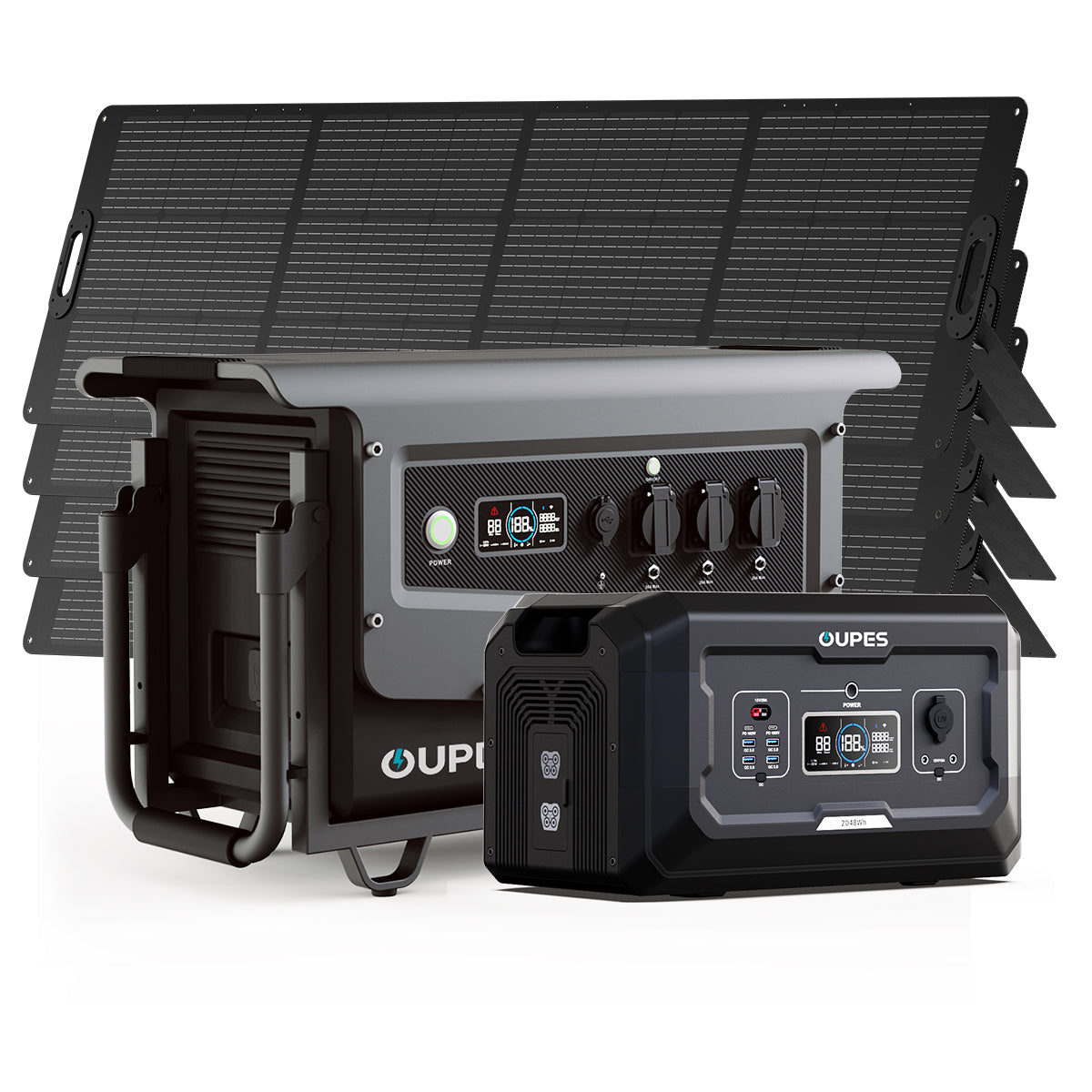
Picture this: a solar panel that bends like a sheet of paper, folds into a backpack pocket, or wraps seamlessly around a curved roof. This isn’t science fiction—it’s the reality of flexible solar technology, a game-changer in the renewable energy sector. As an expert who has spent years optimizing portable power solutions, I’ve witnessed firsthand how these innovative panels are redefining energy accessibility. From remote expeditions to urban rooftops, flexible solar panels offer unparalleled adaptability, making them a smarter choice for anyone looking to harness clean energy on their terms.
Unmatched Adaptability for Diverse Environments
Traditional rigid solar panels demand specific orientations and installations, often limiting their use to flat, open spaces. Flexible solar panels, by contrast, thrive in irregular landscapes. Their pliable silicone substrates allow them to conform to curved surfaces like RV awnings, boat decks, or even uneven ground. This adaptability eliminates the need for complex mounting systems, reducing installation time and costs significantly. For instance, OUPES recently developed a solar panel line that integrates directly with tent fabrics, enabling campers to charge devices without sacrificing precious backpack space.
Urban environments benefit equally from this flexibility. Imagine wrapping a skyscraper’s facade in solar film or attaching panels to bike racks. The lightweight nature of these systems—often weighing less than traditional models—means they can be installed on previously inaccessible structures without compromising structural integrity. This versatility isn’t just practical; it’s transformative, turning everyday objects into energy generators.
Portability Meets Power Efficiency
Portability was once a compromise in solar technology. Users had to choose between bulky systems with high power outputs or sleek designs that sacrificed performance. Flexible panels disrupt this trade-off. Constructed with thin-film materials, they maintain energy-harvesting efficiency while occupying minimal space. A single roll of OUPES solar film can produce enough juice to keep smartphones, tablets, and laptops charged for days, all packed into a size no larger than a lunchbox.
This portability extends beyond consumer electronics. Disaster response teams rely on these panels to quickly establish temporary power sources in affected areas. Their resistance to shock, vibration, and extreme temperatures ensures reliability in the harshest conditions. Even military applications have adopted flexible solar tech for unmanned aerial vehicles and field equipment, proving their durability in high-stress scenarios.
Durability That Outlasts Traditional Models
Many assume flexibility equates to fragility, but modern flexible solar panels are built to withstand rigorous wear and tear. Layered with aerospace-grade polymers and tempered glass, they resist scratches, UV degradation, and hail damage far better than conventional panels. OUPES engineers incorporate self-healing coatings that repair minor imperfections autonomously, extending the lifespan to over 25 years—a claim few rigid panels can match.
The manufacturing process itself reinforces longevity. Unlike silicon-based panels that require careful handling during installation, flexible variants can be mass-produced using roll-to-roll techniques, minimizing physical stress. This innovation reduces waste and lowers production costs, benefits that ultimately translate to lower long-term energy expenses for consumers. When combined with their lightweight design, these panels become a sustainable solution for both personal and commercial use.
Innovative Applications Beyond Traditional Use Cases
The potential of flexible solar panels transcends conventional energy harvesting. In agriculture, they’re integrated into shade cloths to power IoT sensors and irrigation systems without obstructing sunlight. Fashion designers have even experimented with solar-integrated textiles, creating garments that charge wearables during outdoor activities. For the home, these panels offer seamless integration with curved gutters, RV shells, and even window films, blurring the line between architecture and energy infrastructure.
OUPES recently pushed boundaries with a solar-powered drone charging station. By embedding flexible panels into landing pads, the system provides continuous energy for drones in flight, revolutionizing logistics and surveillance operations. Such applications highlight how flexibility fosters creativity, enabling solutions previously deemed impossible. As research progresses, we’ll likely see even more unconventional uses—from solar-powered roadways to adaptive clothing—that further embed clean energy into daily life.
Environmental and Economic Benefits That Compound Over Time
Flexible solar panels contribute to a greener future in more ways than one. Their production involves fewer toxic materials compared to traditional panels, reducing environmental harm during manufacturing. Additionally, their ability to be recycled at end-of-life minimizes waste, aligning with circular economy principles. Economically, their lower upfront costs and longer operational lifespan offer superior return on investment, especially in regions with high energy prices or unreliable grids.
For businesses, this technology streamlines operations. Rooftop solar films can be retrofit onto existing buildings without structural modifications, slashing renovation expenses. Consumers benefit from reduced energy bills and increased property values, as solar installations are now a sought-after feature. When combined with energy storage solutions like OUPES portable batteries, these systems create autonomous microgrids, empowering individuals and communities to become energy self-sufficient.
In conclusion, flexible solar panels represent a paradigm shift in clean energy adoption. Their blend of adaptability, durability, and efficiency addresses in traditional solar technology, opening doors to unprecedented applications. Whether you’re an off-grid adventurer, a homeowner seeking sustainable upgrades, or a business looking to cut energy costs, these panels offer a versatile, future-proof solution. As OUPES continues to refine this technology, we’re excited to see how it will shape the next generation of energy access—one innovation at a time.


























